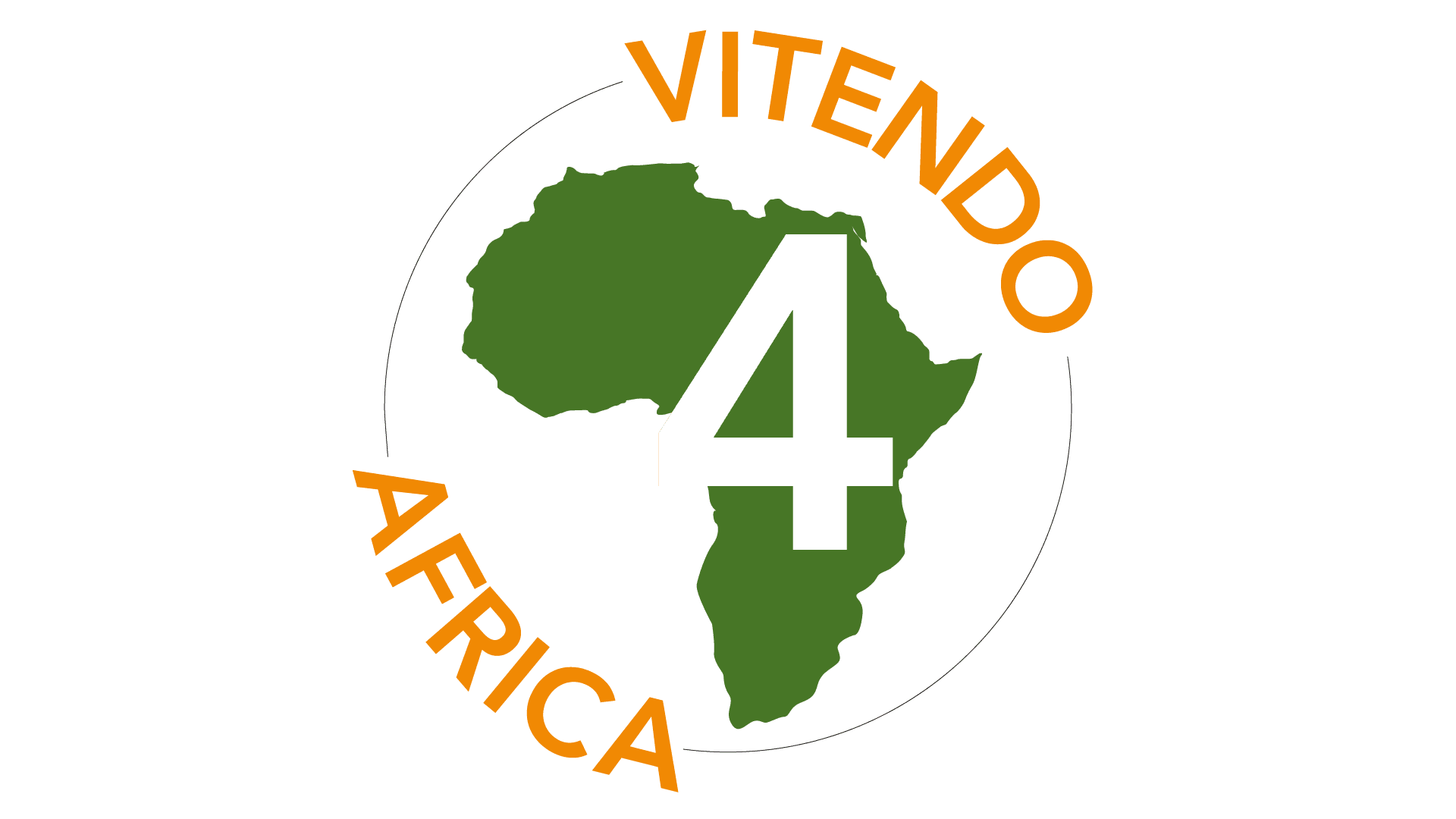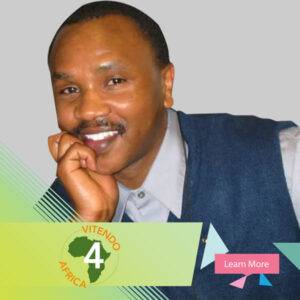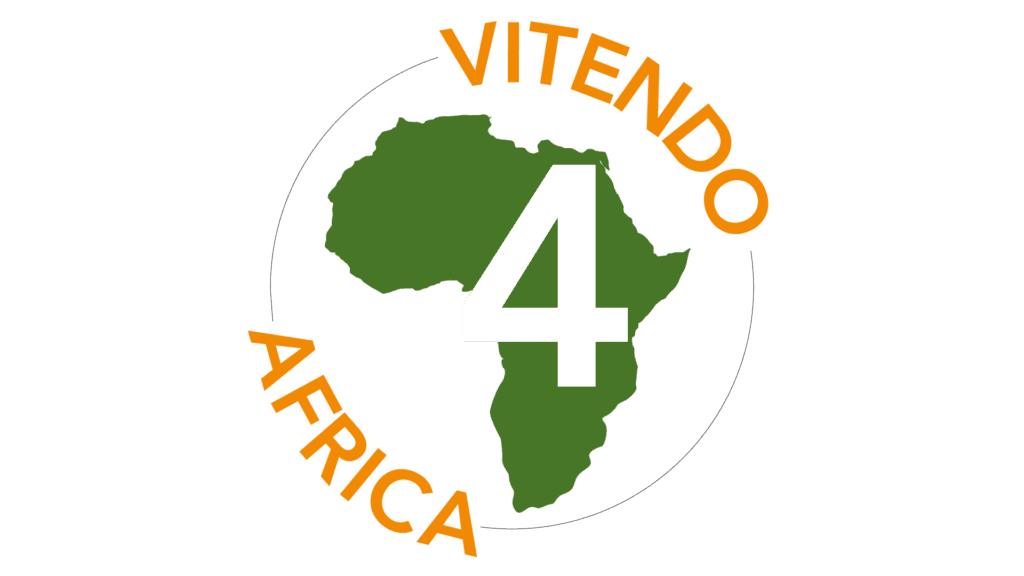
Keynote Address by Adeyinka “Yinka” Faleti
Harris Stowe State University
Federal Judge Patricia Cohen presiding
February 8, 2019 at 11 AM
INTRODUCTION:
Thank you, Judge Cohen, for that introduction. And wasn’t that a great rendition of America the Beautiful? … I wish I could sing like them. To Judge Cohen, Distinguished Guests, and you the Newest Citizens-to-be of the United States of America: Good morning! And Congratulations! What a momentous occasion. What a memorable day for you! What an honor for me. I am deeply honored to have been asked to share in your joy this morning. I am overjoyed for you!
I am in awe of what is represented in this auditorium today. In this space, so many regions of our world are present. There are people here from Indonesia, India, Iraq, Vietnam, Serbia, Taiwan, Burma, Kenya, Somalia, China, Jordan, Liberia, Denmark, Ghana, Mexico, Turkey, Bosnia & Herzegovina, Pakistan, Ukraine, Belarus, Zimbabwe, Trinidad & Tobago, Philippines, Brazil, Bangladesh, Albania, Russia, Cameroon, Greece, Iran, Canada, Liberia, Syria, Ecuador, United Kingdom, Thailand, South Africa, Ethiopia, Cambodia, Jordan, Honduras, South Korea, Venezuela, Poland, Germany, Bhutan, Dominican Republic, Sudan, Uzbekistan, Tanzania, Algeria, Dominica, Laos, New Zealand, Uganda, Senegal, Togo, Chile, Israel, Spain, Hungary, Japan, Haiti, Colombia, Mali, Nicaragua, Lebanon, Nepal, Egypt, Jamaica and Belgium. That is truly, truly awe-inspiring!
WHY YOU’VE COME HERE
Your reasons for coming to this country are as varied as the regions of the world you’re from. Some of you have come for a better life. Some for educational opportunities. Others for job opportunities. Others have come, unfortunately, because of oppression or persecution. Some of you came to escape unrest or civil strife in your native country. And some of you have come to join with family members already here.
WHAT YOU’VE HAD TO ENDURE
No matter why you came, the what you’ve experienced here has likely been similar for all of you. Many of you had to learn a new language if you didn’t speak English already. All of you had to undergo the rigorous legal and time-consuming requirements of citizenship prescribed by the U.S. Immigration and Citizenship Services: Lots and lots and lots of paperwork. Years of waiting and patience in many cases. Some heartache. … And a lot of money.
Many of you, especially those of you who have lived in St. Louis for some time, have had to endure things that are equally as trying. Some of you may have been asked by a St. Louisan what high school you went to. [PAUSE] How many of you have been asked that? Many of you have had to come up with a nickname…because people here can’t say your name. How many of you have had to do that? And, even then, some of you, when introducing yourself to people, always have to repeat your name because people can’t pronounce it. [PAUSE] I remember how I used to introduce myself and how I had to change how I introduced myself because people didn’t even know it was my name I was saying when I was introducing myself. So, my first name is Adeyinka. But, people couldn’t say it, so I had to go by my nickname of “Yinka.” . . . So, this is how I used to introduce myself: The other person would stretch out their hand to shake mine and say something like, “Hi, Tom.”
And I would stretch out my hand and reply, “Yinka.” And they’d look at me with a puzzled look, bow, and say, “Yinka to you, too.” [PAUSE]. So, I’ve since changed how I introduce myself: Now what I do is after the other person says, “Hi, Tom.” I’ll say, “Hi, my name is Yinka.” Then they understand that that’s my name. … [PAUSE] And then they ask me whether I have a shorter nickname. … It’s Yin-ka. … Two syllables. … Just two syllables.
And then there are those American colloquialisms that, unless you were born here, just don’t make sense: Maybe you’ve heard someone say they’re “under the weather” to describe that they’re not feeling well. Why don’t they just say they’re not feeling well? Or maybe you’ve heard someone say “it’s raining cats and dogs.” And when you get to understanding what they mean, you wonder why they didn’t simply say it’s raining heavily. Perhaps you’ve heard someone say they’d like to … “pick your brain.” Wouldn’t it make more sense for them to simply say they’d like to ask you a few questions?
In essence, you’ve had to adjust to a new culture; learn a new way of speaking, being, and doing—while still trying to maintain your sense of heritage and all that was familiar to you in your native land. By show of hands, how many of you have difficulty finding in this region foods, grains, or spices from your native land? See, you’ve all had to experience these cultural differences.
MY EXPERIENCE
Like you, I am an immigrant to this country. Some of you will be able to identify with my story: My father got a visa from Nigeria in the 70s. Now, many of you already know that getting a visa to come to the U.S. is like winning the lottery. In fact, many countries actually have a lottery
system. So, when one gets a visa, one has to go. So, it was for that reason that he had to leave my mother and me in Nigeria and send for us later. Three years after my father, my mother got a visa. And then I got a visa four years after my mother. My parents immigrated to New York and, while I was still in Nigeria, had two of my sisters. So, when I landed at John F. Kennedy airport, I met my sisters, who were then three and two years old, for the very first time. I reached out my hand to them and said, “Yinka.” They looked at me, bowed, and said “Yinka to you, too.”
I, too, experienced a culture shock when I first immigrated to this country from Nigeria as a young boy. I remember landing in New York City and gazing in amazement when I saw blue eyes for the very first time. I remember eating a crunchy New York pizza for the first time. I remember eating a hot dog and thinking how salty it was. I remember standing in my second grade cafeteria lunch line asking my American classmates what ravioli was. Indeed, coming to America was a real culture shock.
And I also remember how special it felt being naturalized myself as a teenager. I remember how proud I was for my father at his naturalization ceremony and again the pride I felt at my mother’s naturalization ceremony. And, just a few years ago, my wife was naturalized right here in St. Louis. I still remember how happy I was for her that day!
OPEN DOORS
Citizenship opens many doors to you that were previously closed. My naturalization was the key that opened up more opportunities for me. To attend the United States Military Academy at West Point, I had to be a citizen. Being able to attain a West Point education has, among other things, made more doors accessible for me to knock on. Citizenship will make more doors accessible for you, too. One of the more obvious and perhaps the most precious privileges of citizenship is the ability to fully partake in the democratic process and register your individual vote. By your vote, you can help sway the course of this country—at a local level here in St. Louis and this region all the way up to the highest office in the land. As many of you know, your ability to freely vote—unimpeded, unhampered, and undenied—is a precious privilege of citizenship in this country that, unfortunately, is not available to all in many countries around the world.
Another door that may be open to you is the privilege of being called to serve on a jury. While some may see jury service as disruptive or timeconsuming, many see it for what it really is—a privileged opportunity to participate in our justice system. Many countries around the world do not have a system that is based on the impartiality of a jury of one’s peers. What an honor to be asked to serve in this capacity. … Citizenship will open up many other doors as well.
Equally exciting to me is what doors you as new citizens will open up to St. Louis, to this region and, by extension, to America and even to the world. It is no secret that we live in times of a global economy. Gone are the days where your economic actions affect your locality alone. Today, what you do here affects the nation. What affects this nation affects the world. . . . . So, how will you in St. Louis and this region affect the world?
Here’s what the statistics tell us: As reported by Forbes in 2018 and published in a National Bureau of Economic Research working paper, immigrants founded 25% of all new U.S. businesses.
Immigrants also file patents at twice the rate of U.S.-born citizens. The St. Louis Mosaic Project cites that foreign-born people in the St. Louis region are 29% more likely than native-born people to start a business. Here’s what history tells us: immigrant-citizens have been part of so many significant advances in this country’s history:
Madeline Albright was born in Czechoslovakia. She is the first woman to have become U.S. Secretary of State. She was nominated by President Bill Clinton and was confirmed by the Senate with a vote of 99-0.
Ieoh Ming Pei, one of America’s famous architects, was born in China. Among other buildings, he designed the John F. Kennedy Memorial Library in Boston and updated the Louvre in Paris.
Hakeem Olajuwon, born in my native country of Nigeria. Led the NBA basketball team Houston Rockets to two back-to-back NBA championships. Considered perhaps the most famous continental African to have played any sport on the American continent.
Isabel Allende was born in Lima, Peru. One of the most popular novelists of our time, her books have been translated into 27 languages. Some of her books include The House of the Spirits, Of Love and Shadows, and Afrodite.
And right here in St. Louis, Eero Saarinen, born in Finland, along with German-American Hannskarl Bandel in 1947 designed the beautiful Gateway Arch. So, no pressure at all. I’m just letting you know that this city, this region, and this nation expect great things from you.
So, again, congratulations and welcome to the first day of the rest of your lives: Felicidades, Gongxi, Chuc mung, toutes no felicitations, Mazal tov, Pongezi and Tahanina.
If I missed your native country, I apologize; those congratulations were the only ones I thought I could actually pronounce. … And I’m not even sure I pronounced them correctly.
Before I get to my conclusion, I leave you with one charge: I’ve been blessed in America to have had many great opportunities to do and see things that I never would have been able to see and do but for being a citizen. Because of that, I’ve always felt and feel that I could never give back to this country enough for what it’s given me. I ask you to think about how you can give back to this city; to consider how you can give back to this region. And in so doing, give back to this nation and, by extension, to this world.
I ask you to think about how you can volunteer your time, talent, and treasure to help make your city and this region a better place to live for those among us who are less fortunate and others generally. And, once you’ve thought about how you can do that, I ask that you…do it.
No matter where you stand on the issues, make your stance known and get involved. A democracy works only when the people work for it. Democracy can be a fragile thing. Your engagement in our democratic system is what makes it strong.
CONCLUSION
As I close, thank you for allowing me this honor to spend some time with you this morning and share in your joy. I leave you with this: Many of you have heard the song, “America the Beautiful” sung at the opening of this ceremony. But how many of you have heard of the song simply called “America”? It’s also known as “My Country, ‘Tis of Thee.” That song was written in 1832 by Reverend Samuel Smith. It has eight
stanzas. Most people know the first two, maybe up to the first three stanzas; but I doubt many people know the last four stanzas. I like these because I think they represent the standard that our country strives to attain. I want to share them as I close this morning. And, don’t worry, I’m not going to sing…I’ll merely read the words:
Our glorious Land to-day, ‘Neath Education’s sway, Soars upward still. Its hills of learning fair, Whose bounties all may share, Behold them everywhere On vale and hill!
Thy safeguard, Liberty, The school shall ever be, Our Nation’s pride! No tyrant hand shall smite, While with encircling might All here are taught the Right With Truth allied.
Beneath Heaven’s gracious will The stars of progress still Our course do sway; In unity sublime To broader heights we climb, Triumphant over Time, God speeds our way!
Grand birthright of our sires, Our altars and our fires Keep we still pure! Our starry flag unfurled, The hope of all the world, In peace and light impearled, God hold secure!
Thank you again for this honor. God bless you, and God bless the United States of America.



